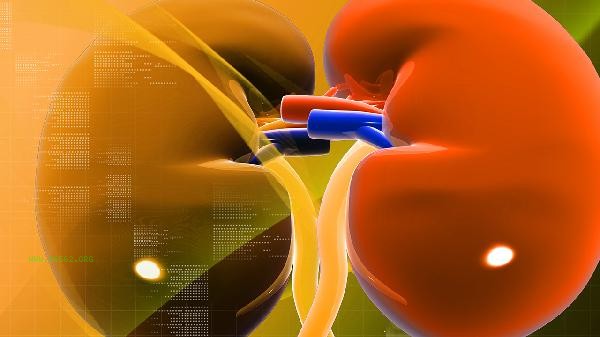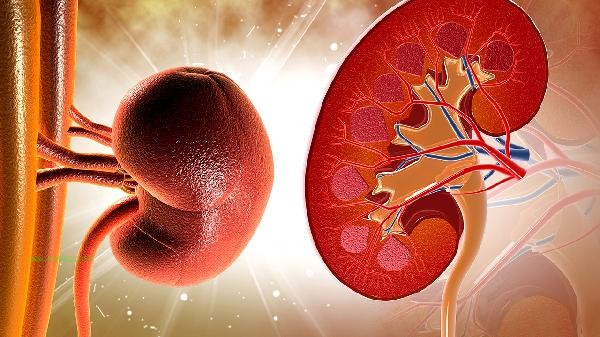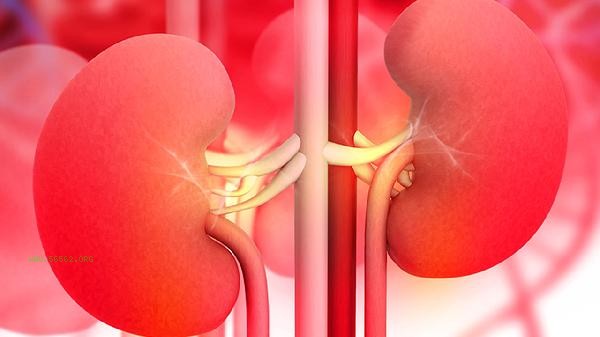DHA and EPA do not directly damage the kidneys at regular doses, but excessive intake of EPA may increase the risk of renal dysfunction. DHA and EPA are important components of Omega-3 polyunsaturated fatty acids, mainly affecting cardiovascular protection, anti-inflammatory effects, metabolic regulation, etc. The impact on kidney function needs to be comprehensively judged based on factors such as intake and individual health status. EPA may indirectly increase renal burden at extremely high doses by increasing oxidative stress or affecting platelet function. Long term daily intake of more than 3000 milligrams of EPA may interfere with glomerular filtration function, especially in patients with pre-existing chronic kidney disease or hypertension. EPA metabolites may activate the inflammatory pathway in the kidneys, but this is only seen in individuals who are excessively supplemented and do not use antioxidants in combination. DHA has a relatively smaller impact on the kidneys, and its molecular structure is not easily accumulated in the kidneys. Existing research shows that daily supplementation of DHA up to 2000 milligrams has no significant effect on indicators such as glomerular filtration rate and urinary protein. DHA may actually exert a protective effect by inhibiting the expression of renal fibrosis factors, but individuals with severe renal failure still need to control their total fatty acid intake.

It is recommended to obtain DHA and EPA from natural foods such as fish, and consume deep-sea fish 2-3 times a week to meet the demand. Individuals with renal dysfunction should consult and avoid taking supplements together with anticoagulant drugs before using them. Routine urine test and blood creatinine index should be monitored daily. In case of foam urine or edema, stop using it immediately and seek medical advice.





Comments (0)
Leave a Comment
No comments yet
Be the first to share your thoughts!